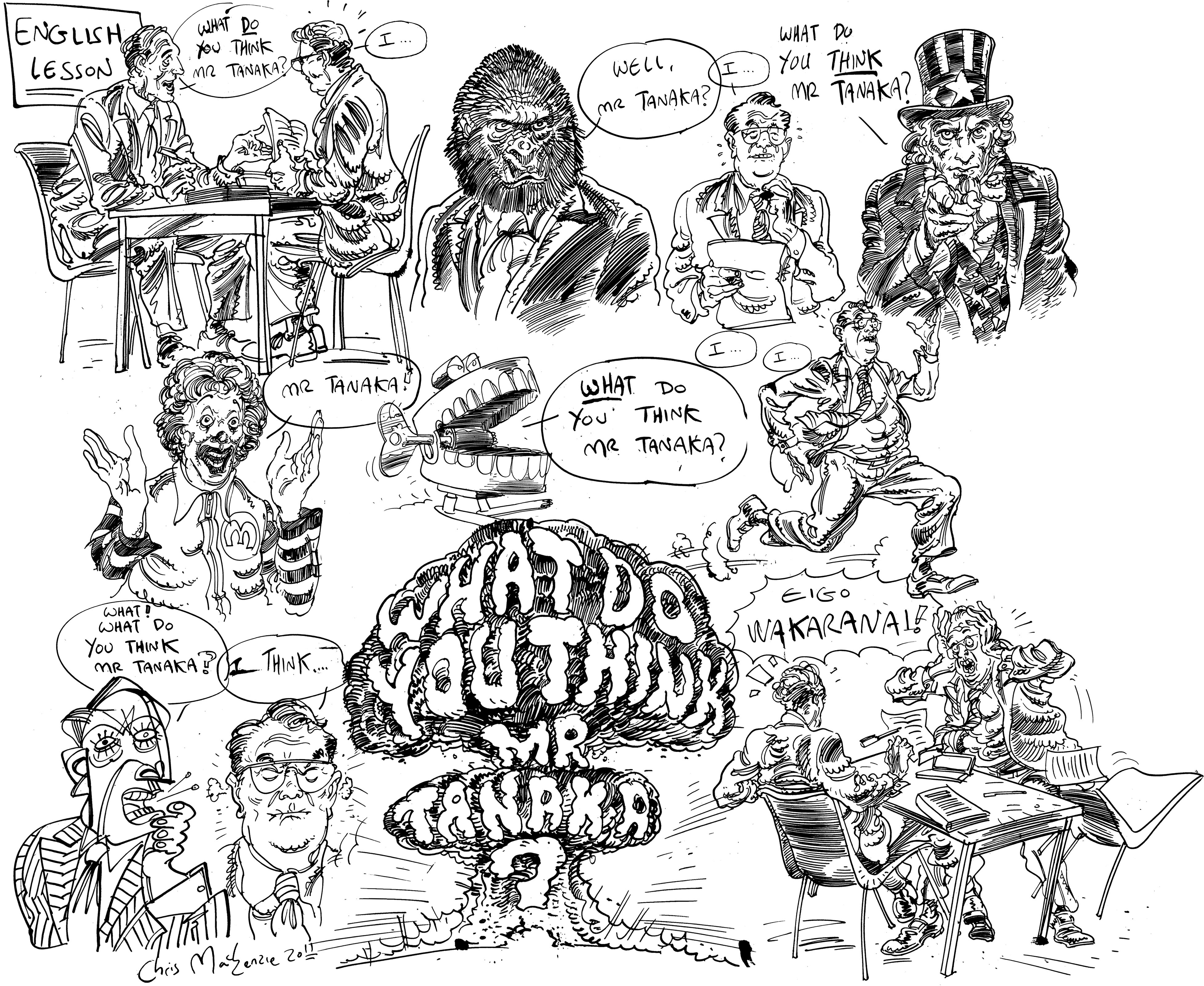Some years ago I was teaching an advanced English class in San Francisco that featured a hodgepodge of students from all over the world. Just as the range of cultures and accents extended from Europe to the Middle East to Asia and South America, so did the array of communication styles. Yet while the Egyptians, Koreans, Colombians and French all commented on a host of themes with varying degrees of passion and volubility, it was often the same segment that monosyllabically toiled through the topics: the students from Japan.
One man from Nagoya summed up this phenomenon in a survey, where he concluded: "I had many chances, but sadly, it was not possible to talk." Earlier on, a colleague of mine who had lived in Japan remarked on the same student's absence of progress: "He will never be fluent. He's too Japanese."
Japan's meager English skills, especially the reluctance to speak, have provoked many a sigh and shrug from frustrated instructors — and even the students themselves. Among the commonly cited reasons behind Japan's English deficit are the fossilized education system and its focus on grammar and translation, the Japanese fear of making mistakes and the resulting lack of confidence, and even the cultural fondness for ambiguity and guarded nonanswers such as "case by case."

















With your current subscription plan you can comment on stories. However, before writing your first comment, please create a display name in the Profile section of your subscriber account page.